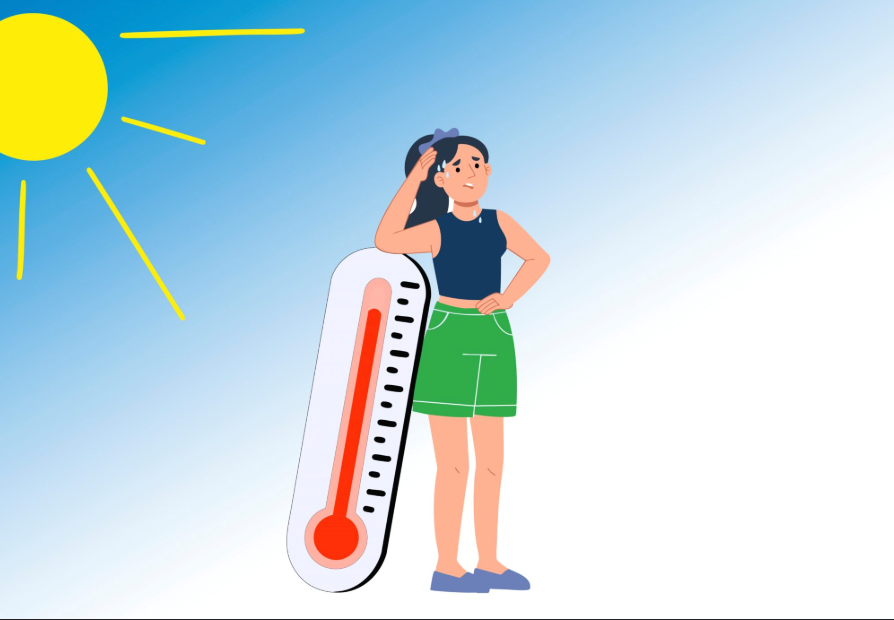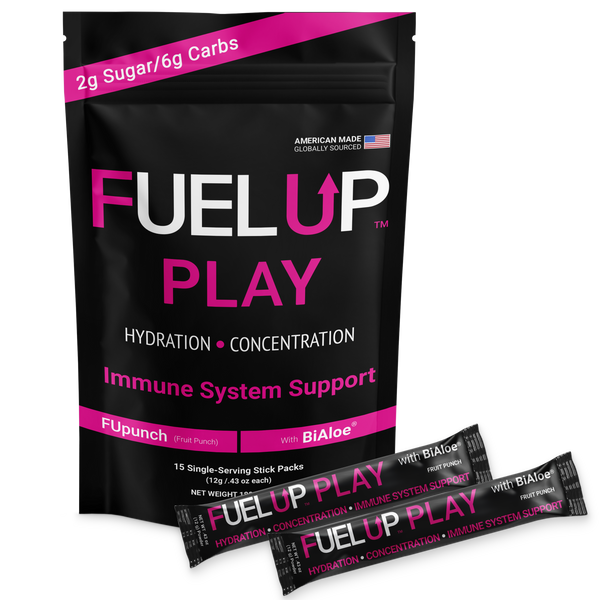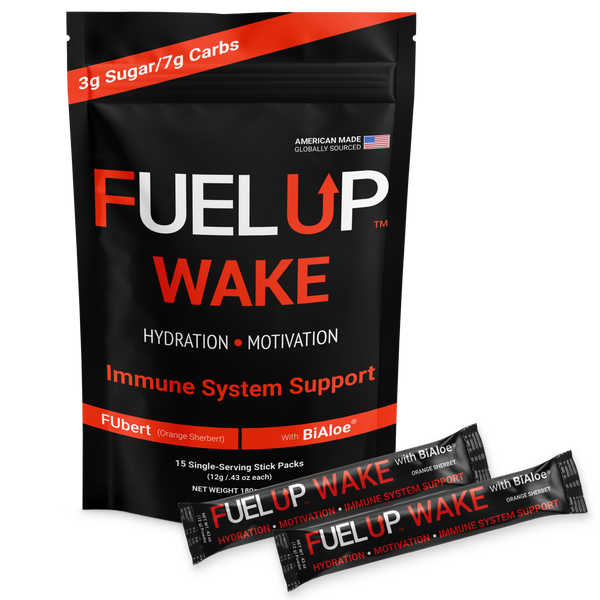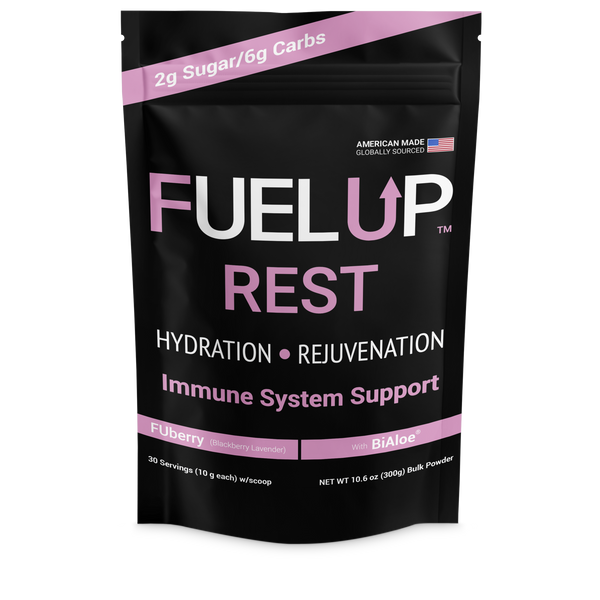Staying properly hydrated is one of the simplest ways to support overall health and performance, yet dehydration remains an often-overlooked issue. While severe dehydration is easy to detect—think extreme thirst, dizziness, or fatigue—milder forms can go unnoticed, quietly affecting your body and mind. Recognizing the subtle signs of dehydration is crucial for anyone striving for their best—whether it’s on the trail, in the gym, or tackling life’s daily challenges.
The Sneaky Symptoms of Mild Dehydration
Dehydration doesn’t always announce itself loudly. It can masquerade as everyday discomforts that seem unrelated to water intake:
-
Headaches and Difficulty Concentrating
Even a slight drop in fluid balance can affect blood flow and oxygen delivery to the brain. This can result in headaches or a persistent foggy feeling that makes it harder to focus. -
Dry Skin and Chapped Lips
Your skin is the body’s largest organ and one of the first to show signs of dehydration. If you notice your skin feeling unusually dry or your lips cracking more often, it may be time to check your hydration levels. -
Muscle Cramps and Soreness
Hydration is essential for muscle function. Without enough electrolytes, muscles can become prone to cramping or stiffness—whether you’re in the middle of a workout or relaxing at the end of the day. -
Mood Swings and Fatigue
Dehydration can sneak into your emotional state, too. A lack of water can leave you feeling irritable or inexplicably tired, reducing your ability to enjoy everyday activities or push through physical efforts. -
Unusual Food Cravings
If you find yourself yearning for salty snacks or sugary treats, it might not be hunger but dehydration. Your brain sometimes misinterprets thirst as hunger, leading to cravings that simple hydration might solve.
Why These Signs Matter
The problem with these subtle signs of dehydration is that they can easily be attributed to external factors like stress, lack of sleep, or even a poor diet. That’s why it’s important to pause and evaluate whether you’re meeting your hydration needs. Proper hydration helps your body regulate temperature, lubricate joints, support digestion, and maintain energy balance. Ignoring mild dehydration can eventually affect your physical and cognitive performance—or even develop into more serious complications.
Simple Hydration Strategies
-
Set Reminders
It’s easy to forget to drink enough water during a busy day. Setting reminders on your phone can help you stay consistent. -
Track Your Intake
Use an app, journal, or even a simple note to monitor how much you drink. Seeing your progress throughout the day can help you stay accountable. -
Don’t Wait for Thirst
Thirst is a late-stage symptom of dehydration. Make hydration a proactive habit, and be mindful about drinking water before activities, during exercise, and in recovery periods. -
Pair Water with Electrolytes
While water is a great baseline, your body also needs electrolytes like sodium, potassium, and magnesium to stay in balance. These minerals are especially important after a sweat-heavy workout or a day spent outdoors.
The Role of Proper Hydration in Your Active Lifestyle
As someone who values wellness and performance, hydration is non-negotiable. By paying attention to these subtle signs, you can stay ahead of dehydration before it detracts from your efforts to feel and perform at your best.
For those times when you need more than just water, Fuel Up Hydration offers an optimally balanced option to help you replenish fluids and electrolytes in a way that meets the demands of a modern, active lifestyle. With hydration science that supports both health and recovery, it’s a reliable tool for keeping dehydration at bay. Remember—staying hydrated isn’t just about today; it’s an investment in your long-term health and vitality.





